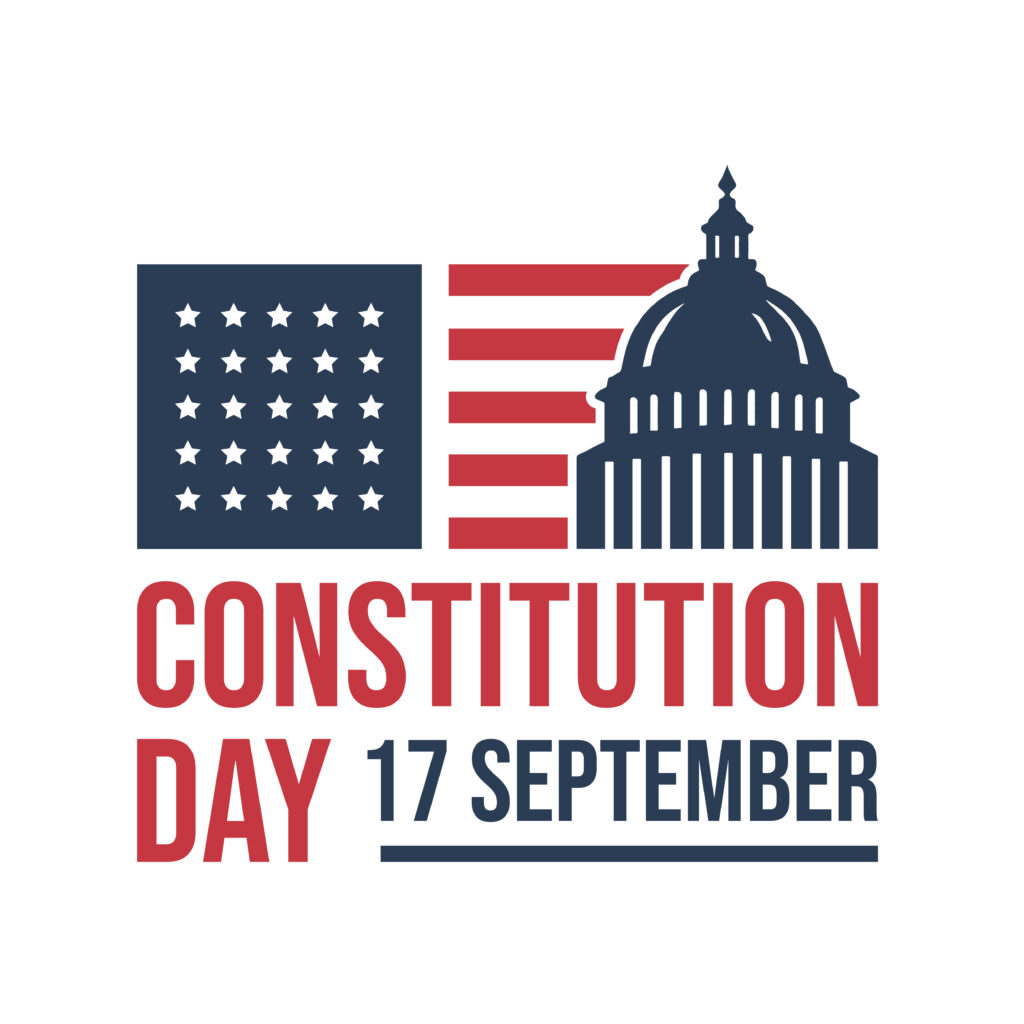Since it became a national observance in 2004, Constitution Day has commemorated the date of the 1787 signing of the US Constitution on September 17. Constitution Day offers students a chance to learn about this important document, from the Preamble to the seven articles to the twenty-seven amendments.
Help students deepen their understanding of one aspect of the US Constitution by asking them to explore The Interactive Constitution. From the section on the articles, students can choose from among the Preamble, the branches of government, and more. Alternately, they can explore each of the twenty-seven amendments (currently the first fifteen amendments are fully developed). Each section provides a common interpretation followed by Constitutional scholars’ discussion of a debatable issue.
Students speak up in this lesson, “What Are My Rights? Exploring and Writing about the Constitution” about rights, examining the Constitution in the context of issues that affect their everyday lives.
Can weaving K–12 civics education into the ELA classroom help students understand and appreciate the tenets of American democracy? NCTE members can access the article “Saving Democracy: How to Bring Civics into the ELA Classroom” from the September 2021 Council Chronicle.
The Library of Congress also maintains Classroom Materials at the Library of Congress. See more about these Constitution Day Teacher Resources.
What ideas and activities do you have to engage students as we observe Constitution Day 2021?
Curious about the NCTE and Library of Congress connection? Through a grant announced by NCTE Executive Director Emily Kirkpatrick, NCTE is engaged in new ongoing work with the Library of Congress, and “will connect the ELA community with the Library of Congress to expand the use of primary sources in teaching.” Stay tuned for more throughout the year!
It is the policy of NCTE in all publications, including the Literacy & NCTE blog, to provide a forum for the open discussion of ideas concerning the content and the teaching of English and the language arts. Publicity accorded to any particular point of view does not imply endorsement by the Executive Committee, the Board of Directors, the staff, or the membership at large, except in announcements of policy, where such endorsement is clearly specified.

